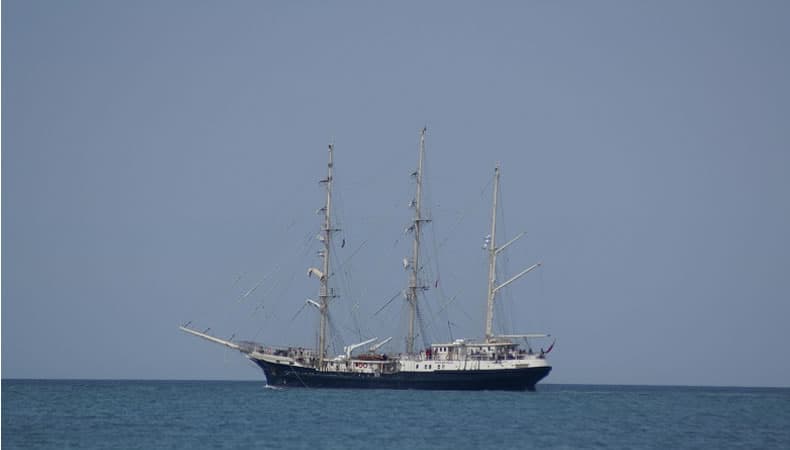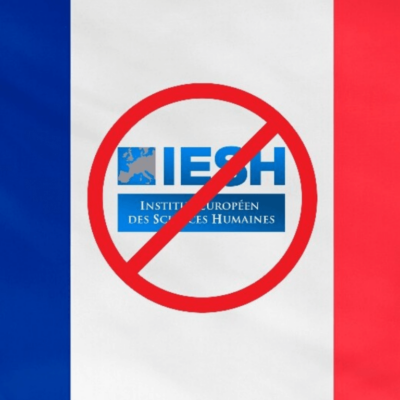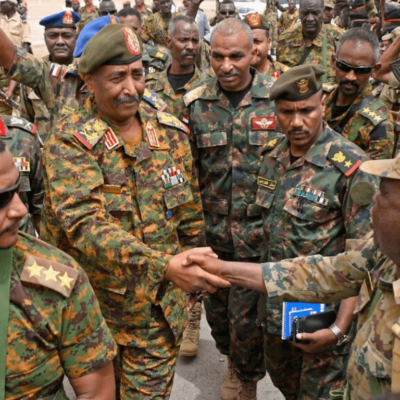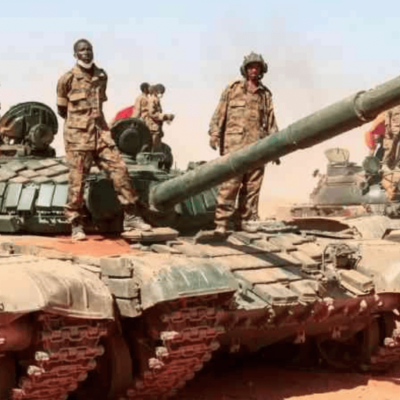Fragile East Mediterranean political situation awaits EU’s decision to halt Turkish exploration

Situation at the eastern Mediterranean shore has been turning tense as Turkey ramped up its energy exploration activities in the region, despite multiple objections raised by Greece, Egypt and allies. The conflict which had been brewing for months has turned the two NATO members (Ankara and Athens) at loggerheads over claims to seabed reserves in contested waters. Many political analyst warned against the situation turning into the “most dangerous” in years.
Last week Turkey sent the Oruç Reis, a survey ship escorted by warships, to conduct energy exploration research in contested waters of Eastern Mediterranean. Greece objected to Turkey’s seabed resource exploration drive and asked the country to stop its “illegal” activities. Greece, to prepare for a tough confrontation against Turkey placed, its military on high alert and created a strong diplomatic front against Ankara with the US, EU, France and Israel on its side.
More nations are joining the conflict and picking sides with Armenia standing on Greece’s side and Azerbaijan supporting Turkish cause. These worrying escalations made many European nations call for the European Union to step in and strongly oppose the Turkish intervention in the international waters.
Meanwhile, Ankara has refused to halt its exploration process and considered it its “right” to continue its drill and energy exploration in the disputed waters. Turkey also announced that a separate drillship would undertake natural gas exploration task in waters offshore Cyprus in the coming weeks.
On Sunday, Hami Aksoy, the spokesperson for Turkey’s foreign ministry, “No matter what, Turkey will resolutely continue to protect both her and Turkish Cypriots’ rights in the Eastern Mediterranean stemming from international law… No alliance of malice will manage to prevent this. Those who think otherwise have not taken their lessons from history.”
The European Union responded to Turkish resoluteness, saying that it “regrettably fuels further tensions and insecurity” in the region. The Union has asked Ankara for a diplomatic dialogue and immediate freezing of its exploration activities in the contested waters. European nations await the EU Foreign Ministers’ meeting to be held in Berlin on Aug. 27-28, as the regional conflict forms the core of the meeting.
The emergency summit of European Union foreign ministers held on last week led to raising of call for deescalation of the rising conflict. The Europeanministers duringthe Friday meet over the drilling rights in the eastern Mediterranean between Greece and Turkey suggested the two to opt for dialogue over conflict. While the meeting did not bring out an immediate solution to this decade long conflict, but pushed for a peaceful way of resolving the conflict. Though Greece, the Greek Cypriot administration and France asked the EU to impose sanctions on Turkey for it hasdisrespected international and maritime law as well as European values and tried to threaten regional peace.
With regard to the Greece-Turkey row, EU High Representative Josep Borrell warned that the “serious deterioration” of ties with Turkey would affect the entire bloc “well beyond the Eastern Mediterranean.” Ian Lesser, vice president at the German Marshall Fund think tank in Brussels, told CNBC that“Things can go wrong,” with respect to rising risk of an escalatory dispute between Ankara and Athens. “All sides are aware of the risks, but it is clearly, I would say, the most dangerous situation we have faced between the two countries in the region for manyyears.”




